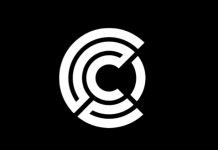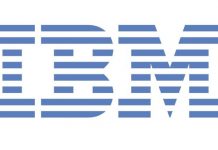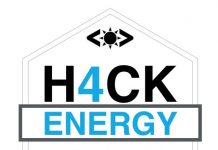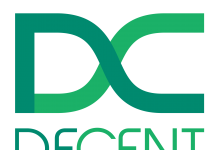EtherCamp has announced a crowdsale of its new token, Hacker Gold (HKG), set to begin Oct. 20. The event will run through the course of the company’s second annual hackathon, kicking off in November. Hacker Gold will be made available for sale for nine weeks - four weeks before the hackathon begins and will end after the five-week event is complete. The crowdsale will be safe-capped at 4 million ether, however the company has stated that this is not a funding goal or objective.
Roman Mandeleil, lead developer at EtherCamp, said that funds raised during the HKG crowdsale will go towards further development of the Virtual Accelerator platform, which is currently in its second version and preparing to move into its third iteration. EtherCamp’s overarching objective is to create an innovation environment specifically geared towards start-ups by utilising blockchain technology.
The team noted that HKG will ultimately have a finite supply that will not be diluted with additional token creation. Future virtual accelerators, according to EtherCamp, will be exclusively funded with the HKG issued during this crowdsale.
As explained in EtherCamp’s white paper, HKG will act as ‘reputation’ for the camps in the upcoming hackathon. Hacker Gold also allows interested parties to acquire tokens issued by the individual start-ups during the incubation period of the competition. Possession of a camp’s tokens also provides preferred voting rights on the way that funds are used. Tokens issued after the hackathon will not come with any preferred voting rights.
Tokens will be valued according to the following breakdown, with details available for further information regarding the specific formula being applied for each week’s valuation.
Week 1-2: 200 HKG for 1 ether
Week 2-4: 200 HKG to 150 HKG for 1 ether
Week 5-6: 150 HKG for 1 ether
Week 7-9: 150 HKG to 100 HKG for 1 ether
EtherCamp’s accelerator is an Ethereum-based platform where teams - or ‘camps’ - compete with each other for the chance to show their ideas to mentors, potential investors, and acquire early adopters if an idea is successful. The virtual accelerator puts camps through a five-week, online hackathon where competitors vie for recognition in what is essentially a battle of ideas. A 30-member panel of experienced judges — high-profile, multi-disciplinary members within the blockchain and digital currency space — will then award points, called ”kudos”, to projects they deem most promising, whether for innovation, disruption, or both.
For the upcoming hackathon, the team has recruited judges from the blockchain and digital currency space, known figures such as Alex Shelkovnikov, UK blockchain lead at Deloitte, and Skype co-founder Jaan Tallinn. More than 1,100 hackers have since joined next month’s hackathon and just over 300 ideas are ready for development. As camps compete in the hackathon they will be eligible to earn HKG. As suggested by the white paper, the amount of HKG collected by an individual team is a de facto expression of the potential of the project, adjudicated by the crowd.
When camps move into the start-up phase, backers can then vote on how the team uses the funds they have been given. Additionally, investors can vote to replace teams entirely. However, Mandeleil stated that voting thresholds for funding proposals and team replacements are very high, with a minimum of 55 percent for the former, and 70 percent for the latter. Camps retain full rights over their intellectual property, preventing backers from controlling what is actually created. The winning camp receives a prize of US $50,000 in the digital currency of their choice. However, once HKG gains market value, runners-up camps will be able to sell their tokens to raise seed funding of their own.










